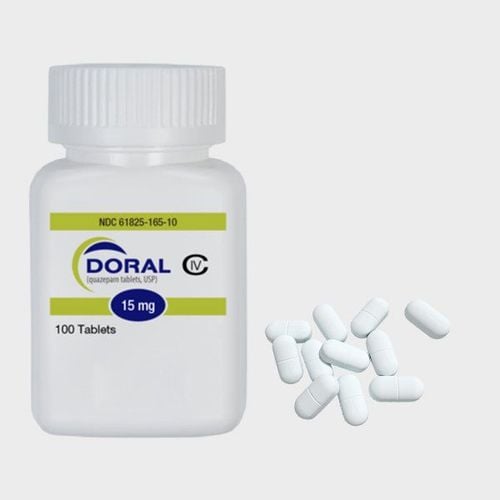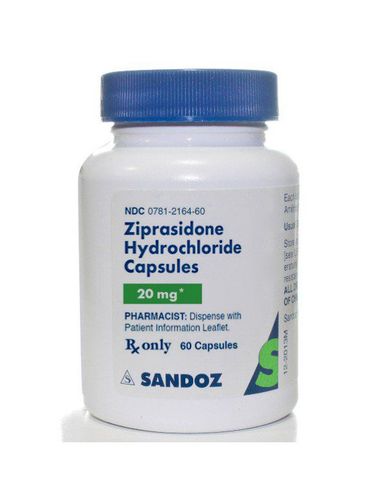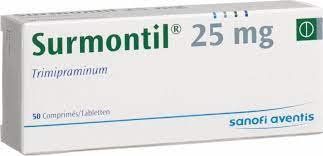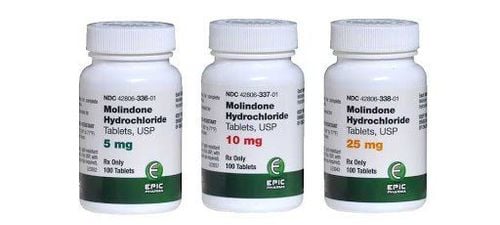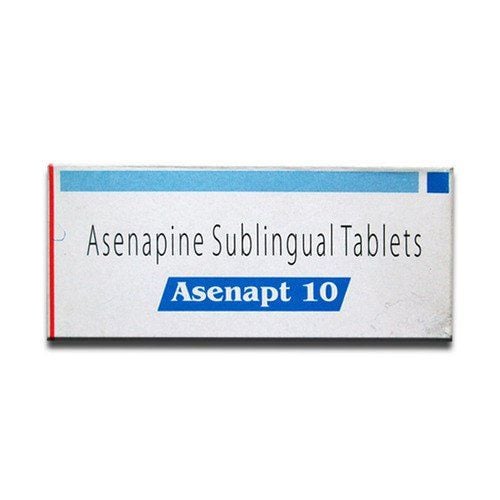This is an automatically translated article.
Major depressive disorder is a disease that can affect a person's ability to think even simple daily tasks. The following article will provide readers with some measures to restore cognition to improve thinking skills in people with schizophrenia, bipolar disorder, ADHD, anorexia nervosa, OCD. and depression.
1. What is major depressive disorder?
Major depressive disorder or depression is a common and treatable mental health problem. Patients may feel sad and lose interest in activities they used to enjoy. This can lead to effects in work, family life and even other emotional or physical problems. Some common manifestations of major depressive disorder include:
Pace, typing, and other non-stop activities Slow speech and movements that others notice Difficulty concentrating on tasks or making decisions for your own problems Change in appetite Loss or weight gain unrelated to diet Difficulty sleeping , too much or too little Feeling low on energy and always tired Feelings of guilt or useless Thoughts of death or suicidal thoughts in your head or thoughts If you notice symptoms that last for more than 2 weeks, it may be time to talk to your healthcare provider. me.
2. How does major depressive disorder affect cognition?
Perception is another word for thinking. More specifically, it is a set of skills that enable you to recognize, process, and respond to information. Awareness helps with everything from chatting with friends to buying groceries. There are six main types of perception:
Attention: The ability to choose a task and focus on it or effectively divide your attention among different tasks. Executive Function: The ability to plan and make decisions, remember information needed to perform a task, and react flexibly. Learning and memory: The ability to remember and recall information in both the short and long term. Language: The ability to express oneself in the right language and think of the right words. Perceptual skills: The ability to perceive visual and other sensory information, such as sounds and smells, from other people and the world around you. Social awareness: The ability to make reasonable judgments about the intentions and desires of others and to control your own emotions in a socially appropriate manner. Depression can impair your thinking ability and limit some abilities such as:
Pay Attention Learn new things Remember or think about information Process or "understand" new information quickly Respond appropriately to new information When the body loses some of these abilities, a patient's quality of life may not be as good as it once was. A common symptom is that you may not be able to work flexibly or even respond well to your treatment and may face a higher risk of another episode of depression.
Some evidence suggests that when thinking skills start to decline due to depression even if you don't feel particularly depressed.
3. Some Cognitive Remedies for Depressive Disorders
Cognitive rehabilitation is a treatment for some forms of cognitive decline by providing the user with a set of tools to improve attention, memory and other brain functions that may otherwise deteriorate worse than depression.
The aim is to improve their quality of life and productivity at work or school and in social situations. Strategies for cognitive remediation vary, but there are a few exercises you can do:
Write in a notebook or daily planner to remind yourself of important tasks and deadlines. Break tasks into a logical set of steps to make it easier for you to complete them. Practice attention and thinking exercises to help improve your ability to capture and remember information. Set goals with your healthcare provider to customize your treatment and track your progress You can use these methods on your own, but it's better to seek support and help therapists for better results.
4. How does cognitive remedial work work?
Cognitive remediation may improve certain thinking skills in some people with major depressive disorder. Although research to date is limited, one analysis of studies suggests that cognitive remediation can lead to improvements in attention span, working memory, and overall thinking skills.
It is difficult to say from current research whether this therapy directly helps symptoms of depression. Scientists continue to study the best ways to use cognitive remedies to help treat major depressive disorder. Therefore, when feeling depressed or realizing you are showing signs of depression, it is advisable to see a doctor to get the right cognitive remedy.
5. Where can depression remedies be taken?
Psychiatrists or psychologists can help connect you with a mental health professional who treats depression. The same remedy for depression, but different therapists may use different approaches.
Before scheduling your appointment, you can ask your therapist if they use cognitive remedies and if they would consider a treatment for your particular case.
If you already have a professional you see regularly, ask them if cognitive rehabilitation might be an appropriate tool for you.
Please dial HOTLINE for more information or register for an appointment HERE. Download MyVinmec app to make appointments faster and to manage your bookings easily.
Reference source: webmd



